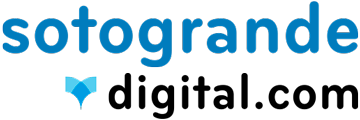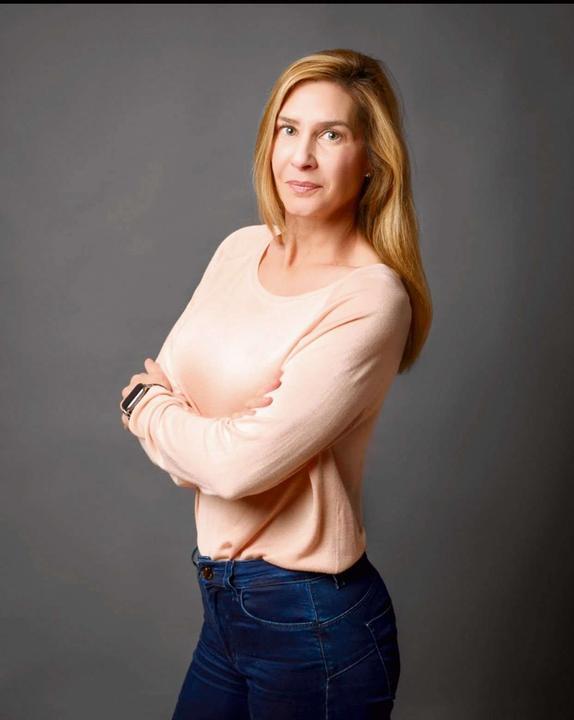Hacer: un verbo que cambia vidas, por Carolina Collado

Vino y se fue. El verano ya es pasado.
Te dio la oportunidad de salir del piloto automático y tomar distancia de tu día a día en las vacaciones, lo que te habrá llevado a darte cuenta de los cambios que necesitas hacer para conseguir mayor bienestar en tu vida. Puede que una de estas dos situaciones te haya sido familiar: sentir un deseo ferviente por volver a tu rutina o, por el contrario, sentir apatía y ansiedad ante una realidad que no vas a saber muy bien cómo afrontar.
De cualquier manera, es tiempo ahora de marcar objetivos, hacer planes y sopesar alternativas. Cómo podrás ver, todo pasa por el “Hacer”.
Hacer, es un verbo que permite crear el futuro, un verbo que cambia vidas, ya que con nuestro “hacer” estamos decidiendo movernos hacia delante y crecer.
Pero, aunque sepamos qué hacer muchas veces no basta. Marcarse un objetivo puede no ser suficiente si no se actúa con determinación, compromiso y en la dirección adecuada, estableciendo la forma de medir el resultado de tu acción y cómo afectará a tu vida y a la de tu entorno.
Si no definimos bien nuestras metas, vamos a quedarnos atrapados en la procrastinación, en los “no sé” , en las dudas y la parálisis que nos producen nuestros miedos ante la incertidumbre del cambio. Lo que terminamos haciendo o lo que dejamos sin hacer es la consecuencia de nuestros pensamientos. En ellos, están las claves de cómo actuamos y de las decisiones que tomamos, y se llaman Creencias.
Las creencias son poderosas, son las que dirigen nuestro pensamiento.
“Tanto si crees que puedes cómo si crees que no puedes estás en lo cierto”. Henry Ford
Son programas mentales sobre cómo debemos sentirnos y comportarnos ante el mundo. Programas que se grabaron en la infancia según la relación que tuviéramos con nuestros padres y profesores y que han continuado con nuestro desarrollo en sociedad.
Estas creencias se convierten en “virus mentales” cuando pasan a ser limitantes y nos impiden actuar, inmovilizándonos dentro de nuestra zona de confort, donde no podemos evolucionar como personas. Si no las identificamos a tiempo, provocan un problema mayor: el agotamiento emocional y la pérdida de confianza en nosotros mismos al no ser capaces de conseguir lo que queremos.
En un proceso de coaching se valoran todos los factores que te impiden crecer y salir de tu zona de confort. Se identifican creencias limitantes que puedes llevar programadas desde la infancia y se acompaña en el proceso de cambio hacia otra creencia potenciadora que te permita conseguir tus objetivos.
Lo que decides hacer cada día es el resultado de tus creencias más profundas y de ellas también dependen tus valores. En época de marcar objetivos, no olvides auditarlas y revisar su fecha de caducidad.
To do: a verb that changes lives.
It came and went. Summer has now gone.
It gave you the chance to get out of automatic pilot mode and distance yourself from your daily life during the holidays, which will have made you realise the changes you need to make to achieve greater wellbeing in your life. Perhaps one of these two situations has been familiar to you: feeling a fervent desire to return to your routine or, on the contrary, feeling apathy and anxiety faced with a reality that you aren´t sure how to tackle.
In any case, it is now time to set goals, make plans and consider alternatives. As you can see, everything depends on “Doing”.
To do, it is a verb that makes it possible to create the future, a verb that changes lives, as with our “doing” we are deciding to move forward and grow.
However, even if we know what to do often it isn´t enough. Setting a goal may not be enough if you don´t act with determination, commitment and in the right direction, establishing the way of measuring the result of your action and how it will affect your life and that of those around you.
If we don´t properly define our goals, we are going to be trapped in procrastination, in “I don´t know”, in doubts and the paralysis that is caused by our fears when faced with the uncertainty of change. What we end up doing or what we leave undone is the consequence of our thoughts. They hold the keys to how we act and the decisions that we take, and they are called Beliefs.
Beliefs are powerful, they are what direct our thought.
“Whether you think you can, or you think you can't -- you're right.” Henry Ford
They are mental programmes about how we should feel and behave in the world. Programmes that were recorded in childhood according to the relationship that we had with our parents and teachers and that have continued with our development in society.
These beliefs become “mental viruses” when they become limiting and stop us from acting, immobilising us within our comfort zone, where we cannot develop as people. If we don´t identify them on time, they cause a greater problem: emotional exhaustion and the loss of belief in ourselves by not being able to achieve what we want.
In a coaching process all the factors that prevent you from growing and leaving your comfort zone are assessed. Limiting beliefs that you have had programmed since childhood are identified and you are supported in the process of change towards another enhancing belief that can help you to achieve your goals.
What you decide to do each day is the result of your deepest beliefs and your values also depend on them. At the time of setting goals, don´t forget to audit them and check their expiry date.


